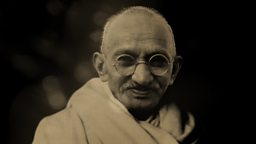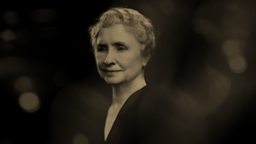Dr Martin Luther King Jr
| Fact title | Fact data |
|---|---|
| Lived: |
1929-1968
|
| Born: |
Atlanta, USA
|
| Known for: |
American civil rights leader who campaigned for black rights
|
Martin Luther King, Jr had a dream of an equal America, free from racial discrimination.
Injustice anywhere is a threat to justice everywhere.
1. He made sure it was the end of the line for segregation in America
In 1955 Rosa Parks refused to give up her seat on a segregated bus in Montgomery, Alabama. This sparked a 13-month mass protest boycotting the public buses led by Dr King. He had been inspired by Gandhi’s use of non-violent resistance – and it paid dividends. The boycott was a defining moment in the emerging civil rights movement in the United States and it ended segregation on buses just over a year later.
2. He forced a country to be honest with itself
King showed how local discrimination was a stain on the USA as a whole. In 1963 he highlighted how Birmingham, Alabama was “the most segregated city in America”, leading to television cameras capturing brutal images of police repression. King’s sentiments and campaigning found expression in a rally attended by over 250,000 people in Washington D.C. Here the pastor-turned-activist delivered his I Have A Dream speech; one of the greatest pieces of oratory of all time. It’s no coincidence that the US Congress outlawed segregation in public spaces just a year later in 1964.
3. His dream inspired a world he didn’t live to see
King’s activism wasn’t without its costs. Arrested and spied on, in 1968 he was assassinated in Memphis by a far-right gunman. Yet the forces of change that King ignited could not be stopped. The US has continued to take strides towards equality, with progress on segregation, voting rights, the election of America’s first black president in 2008… and the dedication of an annual federal holiday to Martin Luther King Jr’s memory. In the 21st century, there remain significant battles to be fought, but King’s dream continues to inspire. Movements like Black Lives Matter, #MeToo and March for Our Lives all draw on and continue his fundamental message of nonviolence and equality.
-
![]() ACTIVIST WINNER
ACTIVIST WINNER
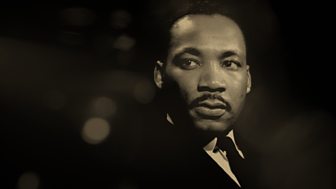

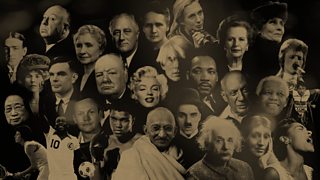
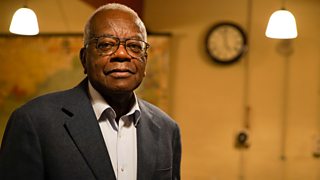
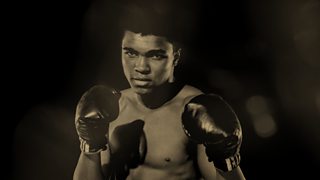
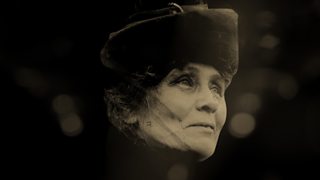
 ACTIVIST WINNER
ACTIVIST WINNER
